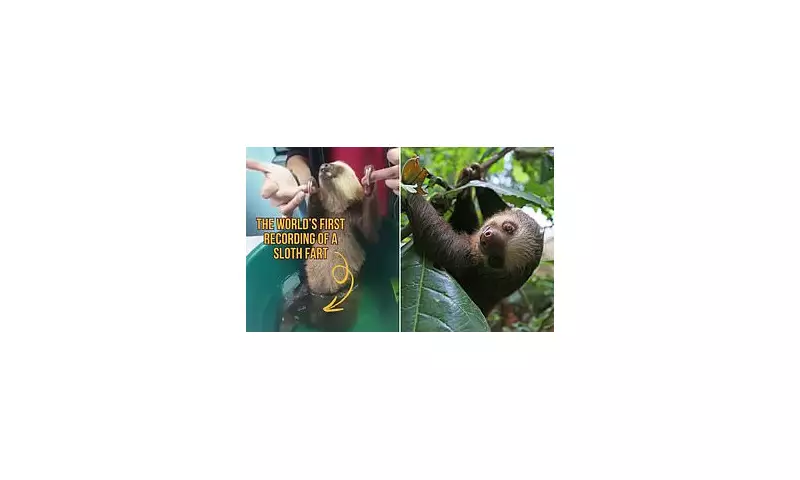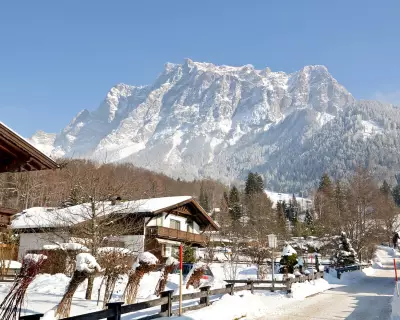
In a groundbreaking moment for zoology, a wildlife expert has captured what appears to be the first-ever footage of a sloth passing gas. The remarkable video challenges previous scientific assumptions that these slow-moving creatures don't produce flatulence.
The Unexpected Discovery
While studying sloths in their natural habitat, zoologist Dr. Rebecca Cliffe noticed something extraordinary. "I'd been observing this particular sloth for hours when suddenly I heard a faint puffing sound," she explained. "At first I thought it might be leaves rustling, but when I reviewed the footage, I realised I'd captured something truly unique."
Why This Matters to Science
The discovery overturns decades of scientific consensus about sloth digestion:
- Previously believed incapable of flatulence due to their slow metabolism
- New evidence suggests their digestive process is more complex than thought
- Could lead to revised understanding of herbivore digestive systems
"This changes everything we thought we knew about sloth biology," said Professor David Wilson, a mammal digestion specialist not involved in the study. "Their unique digestive system has always fascinated scientists, and now we have new questions to explore."
The Science Behind Sloth Digestion
Sloths have an exceptionally slow metabolic rate - the lowest of any non-hibernating mammal. Their multi-chambered stomachs can take up to a month to fully digest food. Scientists previously believed this process didn't produce gas in the same way as other mammals.
The new footage suggests that while rare, flatulence does occur in sloths, potentially serving an important biological function. Researchers speculate it might help regulate their delicate gut microbiome.
What's Next for Sloth Research?
The scientific community is buzzing about potential follow-up studies:
- Comprehensive analysis of sloth gut bacteria
- Infrared studies of digestive processes
- Comparative studies with other slow-moving mammals
Dr. Cliffe plans to continue her observations, hoping to capture more of these elusive moments. "Nature always has surprises in store," she remarked. "This just proves how much we still have to learn about even the most studied creatures."






